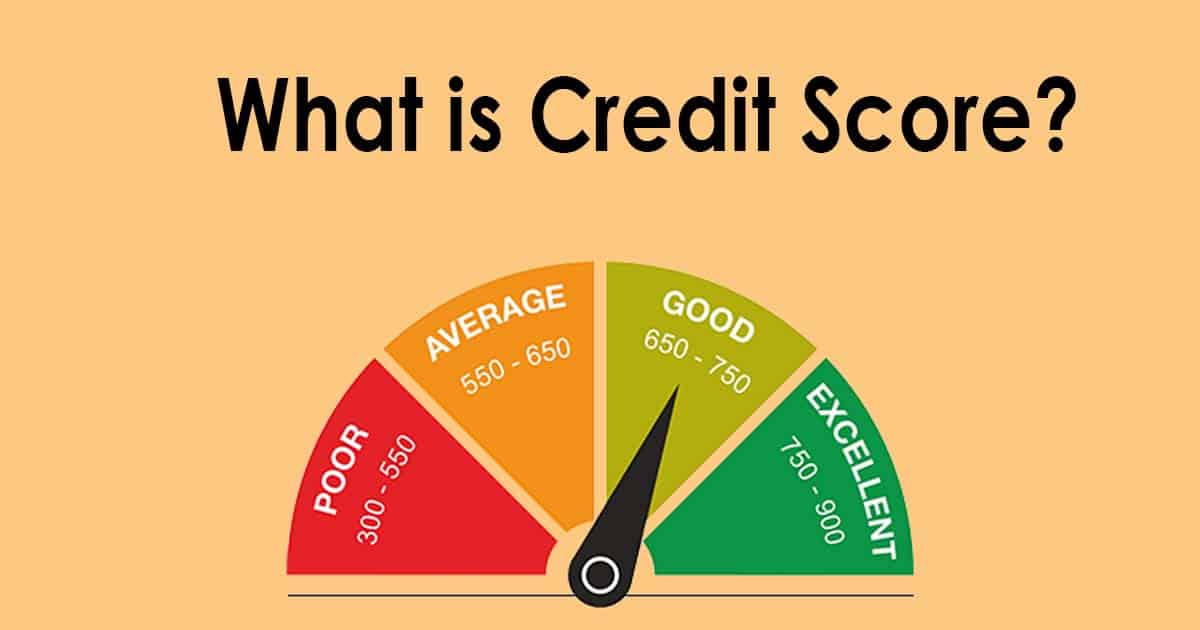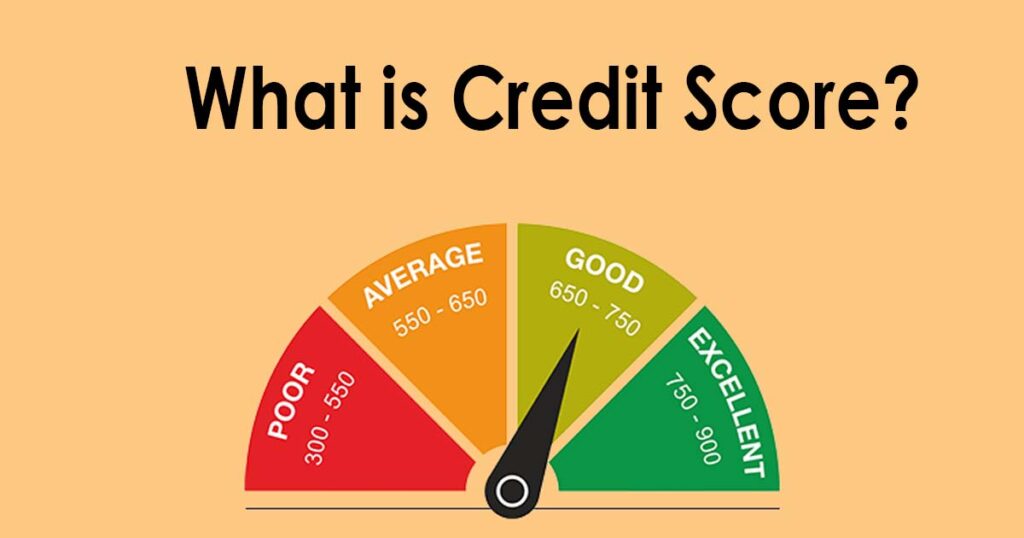A credit score is a three-digit number that represents an individual’s creditworthiness. It is based on one’s credit history and other financial behavior. Your CIBIL score is used by lenders and credit card companies to determine your creditworthiness and can impact your ability to get a loan or credit card, as well as the interest rates and terms you receive.
A CIBIL score, which is based on your credit history, is a numerical representation of your creditworthiness. Credit scores are used by lenders, landlords, and other financial institutions to determine how likely you are to repay a loan, pay your rent on time, or use credit responsibly. We’ll examine credit scores in more detail in this blog post, including how they are determined and their significance.

How CIBIL Scores are Calculated
CIBIL score are calculated using sophisticated algorithms that consider a number of things, such as:
Payment History: Your CIBIL score is primarily influenced by your payment history. Your credit scores will decrease because of missed or late payments.
Credit Utilization: Your credit utilization is the percentage of available credit that you are using. Your CIBIL score will suffer if you have a high credit utilization rate.
Length of Credit History: Your CIBIL score benefits from having open credit accounts for a longer period. A longer credit history shows that you have knowledge of responsible credit management.
Credit Account Types: A good credit mix can raise your credit score. Having a variety of credit accounts, including credit cards, auto loans, and mortgages, is necessary.
Credit inquiries lately: Your CIBIL score can be lowered if you’ve had too many recent credit inquiries. This is due to the possibility that it shows you are actively looking for credit, which may be interpreted as a sign of instability in your finances.
Why Credit Scores are Important
Anyone looking to open a new credit account or borrow money must have good credit scores. Receiving approval for loans, credit cards, and other financial products may be facilitated by a high credit score. You may also be able to negotiate better terms and interest rates for those products. On the other hand, if you have a low credit score, it might be harder for you to get credit approved and you might have to pay more in fees and interest.
Other aspects of your life may be impacted by your CIBIL score. For instance, before approving rental applications, landlords and property managers frequently check credit reports. Additionally, during the hiring process, employers might run credit checks, especially if the position requires handling money or confidential financial information.
How to Check Your Credit Score
By requesting a copy of your credit report from one of the three main credit bureaus, Equifax, Experian, or TransUnion, you can check your CIBIL score for free. Each of these bureaus is required by the Fair Credit Reporting Act (FCRA) to give you a free copy of your credit report once a year. Many credit card companies and other financial institutions now provide their customers with free credit score monitoring services in addition to credit report retrieval. With the aid of these services, you are able to regularly check your CIBIL score and get alerts when there are any significant changes.
Also Read: Best Bank for Personal Loan in India
How to Improve Your CIBIL Score
Improving your CIBIL score takes time, but it is possible. Here are a few tips to help you improve your credit score:
Pay your bills on time: Late or missed payments can lower your CIBIL score, so be sure to pay your bills on time.
Keep your credit utilization low: Try to keep your credit utilization below 30% of your available credit. High credit utilization can lower your CIBIL score.
Avoid opening too many new credit accounts at once: Each time you apply for credit, it can result in a hard inquiry on your CIBIL report. Too many hard inquiries can lower your credit score.
Monitor your credit report regularly: Check your credit report regularly for errors or fraudulent activity.
Conclusion
Your CIBIL score is an essential part of your financial health. It can impact your ability to borrow money, rent a home, or even get a job. By understanding how credit







